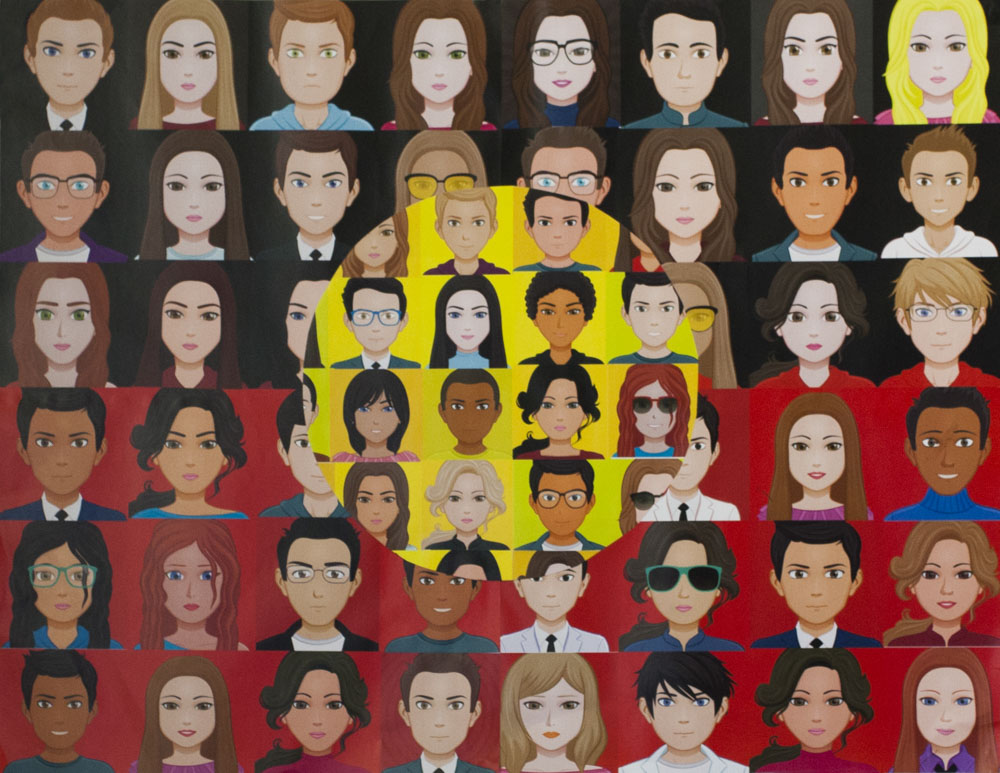Reconciliation is about building relationships of respect and having no tolerance policy towards all forms of racism.
One of the key ways that we develop relationships of respect is through listening, speaking and treating each other with kindness and in ways that we ourselves would be happy to be treated.
Racism can take many forms; offensive comments in person or via social media, jokes, name-calling, verbal abuse, harassment, intimidation and other forms of hurtful and prejudicial behaviour and language. Severe racism can even result in acts of physical abuse and violence.
Racism can also be structural and systemic. That is, it can stop particular groups of people being able to access and enjoy the same rights, freedoms, services and activities as others on the basis of their race, ethnicity and or cultural heritage.
Racism can prevent people from being able to participate in freely and equally in employment, education, social activities and can also disadvantage certain groups through policies, systems and practices that exclude people on the basis of race.
Racism in Australia Today Primary and Secondary
This activity hosted by Narragunnawali, allows students to critically explore media representations of events or issues in Australia that have illuminated public sentiment around issues of racism, prejudice and discrimination.
Invisible Discrimination Meets Visible Respect Primary and Secondary Primary and Secondary
This activity hosted by Narragunnawali, enables students to critically consider opportunities for confronting ‘invisible’, covert racism with overt, visible demonstrations of respect.
Brayden Lean, Jane Hohoi, Ella Senior, Jake King,
Shalom Siba and Daniel Conteh
Macquarie Primary School, NSW